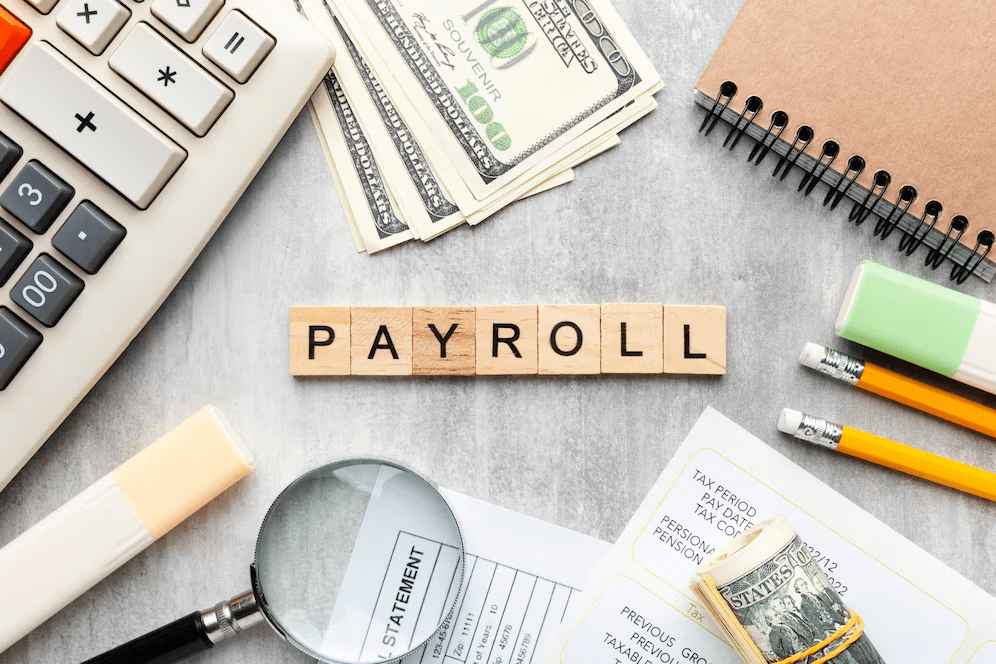
In business, debt recovery and repayment are crucial to staying afloat. When clients do not pay their dues, it can affect cash flow, strain operations, and also lead to big losses. For businesses, having a clear and effective debt recovery strategy is essential to maintaining financial health and avoiding prolonged legal battles.
Clear and consistent communication is the first step in effective debt recovery. Legal recourse should be the last resort. Businesses should first try to resolve the issue through direct contact. Written reminders or phone calls are often enough to get debtors to pay. Keep conversations professional; an aggressive attitude towards these types of discussions can endanger customer relationships and even breach consumer protection laws. Sometimes, offering payment plans or settlements can help retrieve those long overdue balances without resorting to litigation.
If initial contact does not result in payment, businesses may need to complete a more formal demand letter. Although often drafted by a lawyer, the letter details the amount owed, gives a deadline for payment, and describes what will happen if the request is not met in full. A proper demand letter usually indicates to debtors that the matter is serious and often encourages them to settle the debt quickly.
In some cases, especially involving bigger debts or habitual evaders, a legal pursuit might be required. In British Columbia, claims up to $35,000 may be filed in the Small Claims Court. You may need to file your case with the Supreme Court of British Columbia for larger debts. Litigation, while necessary at times, is tedious and expensive. As a result, businesses should carefully consider the possible costs and benefits before moving forward.
Enforcing judgments is another critical element of debt recovery. While winning in court is one thing, collecting the awarded money is another. Businesses may also have to take legal steps to enforce their judgments, which could include garnishing wages, seizing bank accounts, or placing a lien on the debtor’s property. Working with a legal professional ensures businesses follow the proper procedures and maximize their chances of a successful collection.
Also, preventative measures are important to reduce the chances of needing to recover a debt in the first place. Businesses can safeguard themselves by drafting clearly defined contracts with detailed payment terms and consequences for late payments. That can encourage payment on time by charging interest or late fees in agreements. In addition, businesses can avoid working with people with a history of not paying by conducting comprehensive credit checks on potential clients or customers.
Debt recovery is ultimately about safeguarding a business’s finances while striving to retain client loyalty and abiding by the law. However, by using proactive methods and engaging legal support where needed, organizations can mitigate financial loss and keep their finances healthy.



